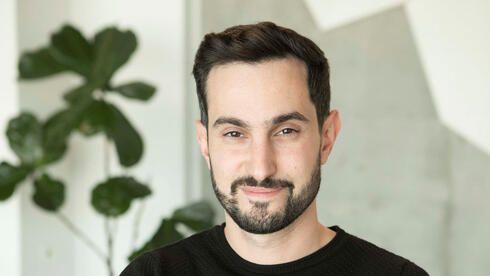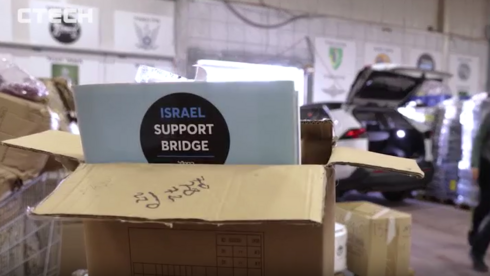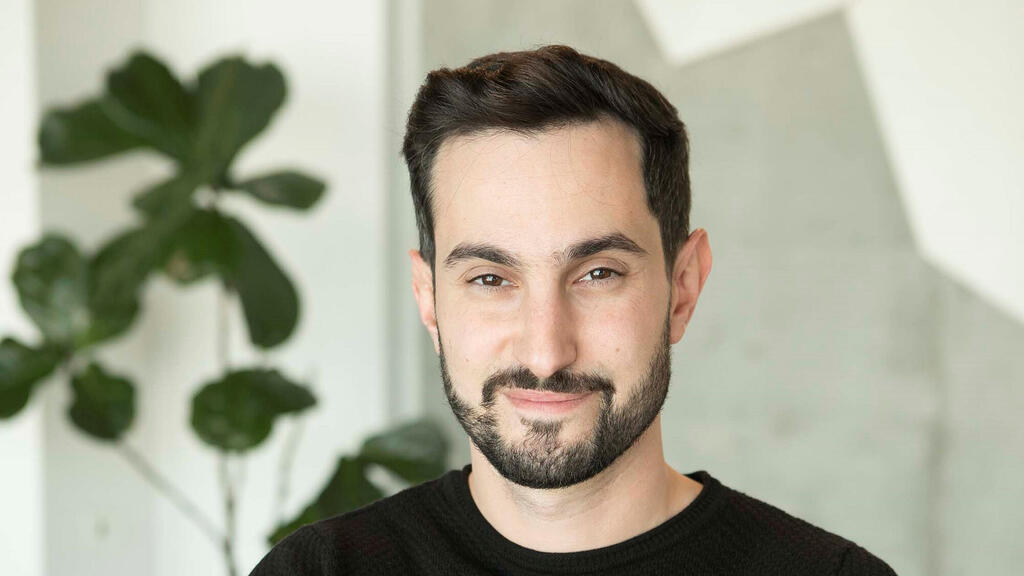
Quickfire round: Aporia’s CEO answers our AI questions
Artificial intelligence has a good, a bad, and an ugly - Liran Hason is here to guide us through it
“I want to tell you you shouldn't be terrified - my honest opinion is that I do think AI could be the best thing that happened to humanity, really. I think it could save tons of lives, it could make our lives so much better,” said Aporia Co-Founder and CEO Liran Hason when speaking to CTech. “On the other hand, I agree AI could be the worst thing to ever happen to humanity as well.”
Hason joined CTech to discuss Aporia and its mission to become “a shield or guardrail around the [black] box” of artificial intelligence. Its machine learning observability platform allows its customers to get clear visibility of what decisions are being made by their AI systems and how they affect their users and clients, while at the same time alerting customers when something goes ‘off’ and expresses unexpected bias. The company was founded in 2019 and has raised a total of $30 million.
“I think until very recently people underestimated and underappreciated the risk that is in this system,” he continued. “They thought it was just something cool. In reality, these systems are really risky - they're not like the average software that you use. To summarize, it could be the best thing, but it could be the worst thing. So what is going to determine where it will go?”
Hason confirmed that his own personal approach is that AI is amazing, of course, but that companies and governments need to find a way to combine humans with machines safely and thoughtfully. As a company, Aporia is hoping to add the ‘responsible’ part to AI following guardrails advised by politicians or business leaders. “Once you have regulation in place, companies will need to have the right tooling and the right ways to actually implement these policies. Aporia, we are the practical guardrail.”
CTech spoke to Hason and asked him a series of ‘quickfire’ questions where he outlined the good, the bad, and the ugly parts of use cases that are set to transform our lives.
Self-Driving Cars:
“Just think of the autonomous cars and how much of a human hour spent on driving could be used to solve cancer… This is enormous, what you can achieve with AI. The good is that I definitely see it happening in the next 5-10 years. We already see it with Tesla. I believe in the next 10 years or so, in order to drive a car, you will need to go to a dedicated place for that.”
Job Recruiting:
“There's good, bad, and ugly here. The ugly is already here, it is happening as we speak. I can tell you there are companies in the U.S. that use AI for initial screening whether it's classifying their resume and when to move to the next step, and also as a first step in the interview. You can go on a Zoom call with actually a chatbot built on top of AI. The ugly part is that it was built on top of tons of English-speaking speakers with probably American accents. If I’m Israeli, Indian, or Chinese, I'm automatically less likely to get accepted because of that.
“The good thing is that I want to hope that it will allow us to make less biased decisions over time upon recruiting because AI doesn't care about the way you look. It does care about the way you sound, but I think as long as we’re conscious about that and we invest time in figuring this out and fixing it, we can overcome existing human biases and I think that is potentially good.”
Surveillance:
“The good will be very accurate, much more than people. The bad depends on the government, and we know some governments that might use it for not pure reasons and pure goals. The ugly, we already saw examples where companies try to use AI for surveillance in order to find terrorists and they were extremely biased against people of color. This is the ugly part and we need to overcome it.”
After Life:
“The good, I think for some people it could help them in a way that existing therapy could not do - overcome their grief and move on with their life. The bad is that people may get addicted to it. Someone, a loved one, is not alive anymore but it feels as if you're talking to them: that might be an addicting feeling and a confusing one. We already see people confused by AI… That’s the challenge.”
Art:
“It changes a lot of things and all of our society needs to adapt, this is nature: we need to adapt ourselves, specifically around art: I definitely see it taking a shift, so there will be a new type of designer that will be AI or Generative AI designers. They will know how to craft a prompt exactly to what you asked for, the result will never be exactly what you envisioned, and then it can use existing skills to fine-tune it or fix it.”
Work:
“There are a lot of articles now about how AI makes a lot of people lose their jobs, and that's a bad thing obviously. But I think sometimes people look at it the wrong way. AI is a revolution, like the industrial revolution. What happens in a revolution? We as a society invented something that allows us to create more value with less effort and with fewer resources. That's what the industrial revolution was - we learned to do it with machines. Obviously, you don't need any more people to do manual things because now you have machines. It’s the same thing happening with AI. It allows us to do things we were considering to be impossible or extremely expensive and difficult to do beforehand. We are now able to create much more value with less effort.”















